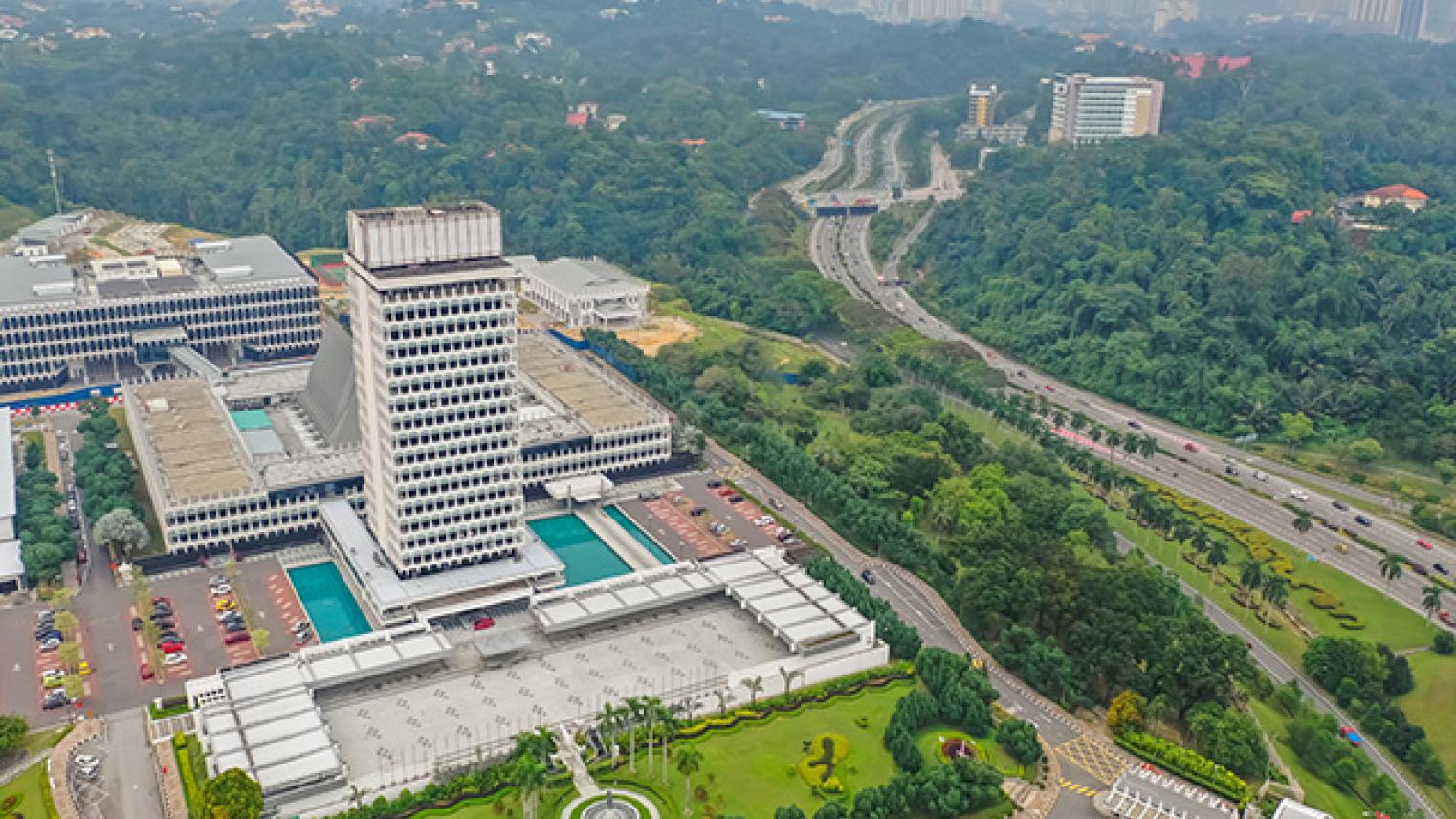The 1957 Malayan independence constitution was a ‘bargain’ between Malay, Chinese and Indian communities. It retained important symbols of Malay identity, but represented a Westminster-style liberal, secular democracy, that gave equal rights to all through common citizenship. The formation of Malaysia in 1963, with the incorporation of Sabah and Sarawak, reinforced these arrangements. But Malaysia has seen a steady erosion of democracy since 1957. It is now ruled by a self-declared Malay-Muslim government, that came to power without electoral support and currently rules by emergency decree. How has this come about? What are the prospects for democracy in the future?
John Funston is a Visiting Fellow in the Department of Political and Social Change. He was previously Associate Director (2002-2004) and Executive Director (2005-2007) of the National Thai Studies Centre, ANU. He has worked on Southeast Asian politics, particularly Malaysia and Thailand, for over four decades, including fourteen years in the region, at the National University of Malaysia (1972-1976), Brunei University (1986-1989), and the Institute of Southeast Asian Studies, Singapore (1997-2001).
This is a joint event presented in collaboration with the Malaysia Institute, and is also part of the Malaysia Institute Seminar Series.
Explore the trajectory of democracy in Malaysia since the 1957 Malayan independence constitution. Visiting Fellow John Funston examines the erosion of democracy and the prospects for its future.
